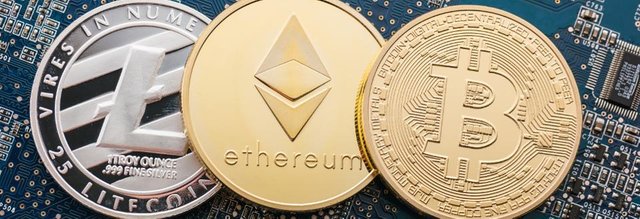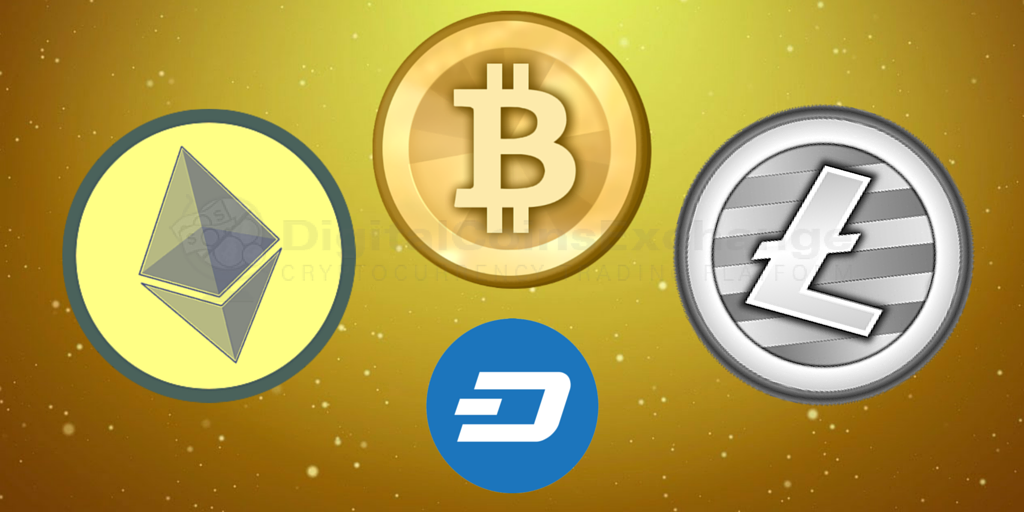BEGINNERS GUIDE TO CRYPTOCURRENCIES AND TRADING - Pt.1
Cryptocurrency trading is more common than ever and a large range of investors are trying to leap on the crypto hype to make easy cash. however it's very important to know that crypto trading isn't any get-rich-quick scheme as most of the people assume.
Cryptocurrency beginner trader should do his own analysis to be confident about the cryptocurrencies he chooses to speculate in. You most undoubtedly don't want to place your cash in something that you don't believe in.
What is blockchain?
First you would need to understand what blockchain is, and what it does. The first initial idea of blockchain can be compared with a database. Traditional database like we know them in IT ifrastructures are central, blockchain however is different, it’s decentral. Nobody own’s it, yet everyone is equally important once involved. This means that everybody can become part of the chain. On this database transactions occur just like on a regular database. These transactions are not financial transactions they are just actions that tell the system what has happened. But as soon as a transaction is executed all peers in the network become aware of the transactions and it becomes irreversible.
Market is very volatile
The cryptocurrency market can jump sky high or fall down even by dozens of percents in a matter of minutes or hours. It is completely unlike the normal stock or classic forex market and we have to realize that when investing in cryptocurrencies are capital is at a high risk. Cryptocurrencies are probably the most welcoming market, even for beginners. Nevertheless, you still need to understand that the huge price spikes that cryptocurrencies experience on a regular basis do not always bring to investors a great profit but they can also have devastating consequences on their capital. We will try to teach you steps how to significantly reduce the risks, but you still have to always take into account that the crypto market is very volatile.
Wallets
Cryptocurrency can be held in wallets, these wallets are a hexadecimal address that represent an address on the blockchain. As soon as a wallet address is generated it becomes part of the blockchain basically to never disappear ever again. Once a address is generated it can be traced indefinitely. It is publicly available and will tell how much currency is held onto the address. So are your coins on this wallet? No, your wallet is secured with a private key and depending on the software has options to secure access through a passphrase, a 12 word sentence or just a password you make up of your own. This information is needed to access your tokens, but the tokens itself aren’t physically present on your wallet which you may have installed on your phone, computer or airgapped device. It’s just some piece of information you own, so you can prove you are the holder of the amount of tokens that is residing on that specific address.
Private Keys
Each wallet possesses a private key, this is also a very long string of characters which is basically all the information that is needed to access the address on the blockchain and enables you to deposit, withdraw and transfer currency on the blockchain. Usually a wallet is secured with a password, or 12 or 24 word passphrase.


